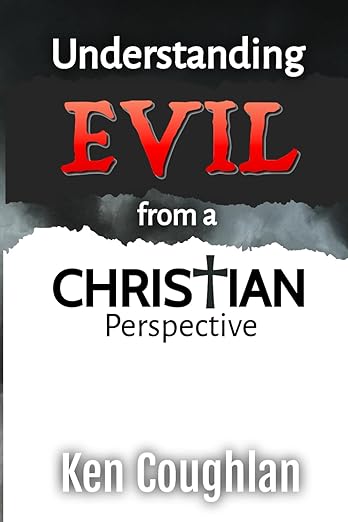Orthodox Repentance

If your church is following the three year lectionary, Lent begins on Ash Wednesday with 2 Corinthians 5:20b-6:10. Officially, the pericope begins, “We implore you on behalf of Christ, be reconciled to God. For our sake he made him to be sin who knew no sin, so that in him we might become the righteousness of God.” (2 Cor 5:20b–5:21, ESV) In light of the fact that he is addressing established Christians, what Paul is obviously driving at here is the ongoing need for even the most committed Christians to realign their lives with the will of God. “Be reconciled” implies that these already-converted Christian believers are not in a conciliar state with God; in fact, Paul is addressing them for a third time precisely because while claiming Christian identity, they are behaving in ways inimical to God.
At a recent gathering of primarily conservative clergy, I got some hostility but engendered much more fantastic conversation when I brought up the danger of Christianity being coopted by conservative politics. In the end, everyone agreed that Christians need to be on God’s agenda first, offering critique as well as necessarily-conditional support to any ideology, political party or strategy. This is what it means to be “the light of the world” and the “salt of the earth.”
A wise mentor once told me that people’s politics are always influencing their theology, but that the great conversation that is the inner life of the church over time corrects—and when necessary, excises—the errors that people of any given time and place incorporate. Because of the fractured nature of the Church’s communion and witness, amplified by social media, there is a real danger of these much-needed course corrections being significantly delayed or not even engaged in.
The solution to this is to heed Paul’s words to “be reconciled to God,” which is of course, what the season of Lent is all about. The difference between the orthodox Christian construal of these words and the progressive Christian one is that for the orthodox Christian, the Bible provides the content of what being reconciled to God looks like—a detailed road map for discerning where one’s life is out of sync with the life of the triune God. Conversely, for the progressive Christian, the Bible provides abstract theological principles, but the content comes from elsewhere, sources deemed more relevant because they are more contemporary, scientific, progressive, or whatever.
The outcome of these two approaches is what yields at least some of the divisions observable in contemporary Christianity, where people united by confessional traditions like Lutheran, Methodist, Catholic, etc. have radically different ideas of what makes for faithful Christian living. While both agree for the need to reconcile ourselves to God, one group sees God as telling us what would constitute alignment with God, the other believes that God is “just” or “forgiving” or “love,” but asserts that what those words mean is not what Christians have traditionally thought they mean, based on the witness of Scripture.
What this means in practice is that the progressive Christian lacks any tool whereby to critique their own politically-influenced positions, for they have no data by which to evaluate them. As long as the principles they have gleaned from Scripture seem to be met by the ideologies and morays acceptable within their own narrow cultural conditioning, they are living as God intends and no reconciliation is necessary. Conversely, for the orthodox Christian, while perceiving one’s own biases is always notoriously hard, the Scriptures provide actual canons against which to measure cultural assumptions and political prescriptions… and the exhortation to do so.
Paul goes on, “Working together with him, then, we appeal to you not to receive the grace of God in vain.” It is important that we not consign the persistent warnings of the New Testament about spiritual disqualification to the dustbin based on our theological principles, no matter how venerable or new. We can receive the grace of God in vain, and only the lifetime of persistent Christian repentance (realignment) that Luther called for in the first article of the 95 Theses can stave off that terrifying reality. So, since we cannot hope to be perfected in theology, holiness, or piety, let us be perfected in repentance, and let the Scriptures dictate to us what that should look like… furthermore, let us start today. “For [God] says, ‘In a favorable time I listened to you, and in a day of salvation I have helped you.’ Behold, now is the favorable time; behold, now is the day of salvation.” (2 Cor 6:1–2, ESV)









